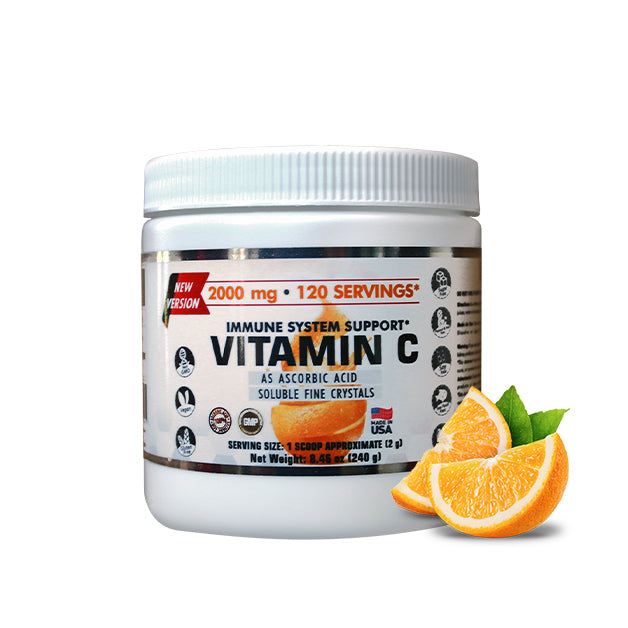
Are You Aware of the “Back-to-School Plague”? We Suggest How to Support Your Children’s Immune System
The back to school season has arrived, and with it, not only do we bring new school supplies and experiences, but also a greater exposure to germs and viruses. Children, as they interact with their peers and explore the world, encounter a variety of risks that can challenge their immune systems.
How can we protect them and keep them healthy during this season? Children’s immune systems are still developing, which means they are more susceptible to illnesses, especially during the school year. The good news is that there are several effective strategies to support their immune system and keep it in optimal condition. Here are some practical tips to help support your little ones’ immune system.

Children’s Immune System: A Work in Progress
1. Teach Them to Sneeze into Their Elbow
Although it may seem simple, teaching children to sneeze into their elbow instead of their hand can be an effective way to prevent the spread of germs. This way, contact with surfaces and other children is minimized, reducing the risk of contagion.
2. Use Hand Sanitizer
Using alcohol-based hand sanitizers is a good practice to eliminate germs when water and soap are not available. Make sure your child uses hand sanitizer after touching potentially contaminated surfaces or after using the bathroom.

3. Stay Hydrated and Avoid Sharing Bottles
Hydration is essential for maintaining a strong immune system. Encourage your child to drink water regularly and ensure they use their own water bottle. Sharing bottles can be a source of germ transmission, so it’s best to avoid it.
4. Eat Nutritious Snacks
A balanced diet rich in fruits, vegetables, and whole foods provides the necessary nutrients to strengthen the immune system. Choose healthy snacks like fresh fruits, nuts, and yogurt to keep your kids energized and healthy.

5. Get 9 to 11 Hours of Sleep Daily
Sleep is crucial for recovery and maintaining a strong immune system. Make sure your children sleep between 9 and 11 hours each night so their bodies have enough time to rest and repair.
6. Address Concerns and Anxiety
Stress and anxiety can negatively impact physical health. Talk to your children about their concerns and find ways to help them manage them. Using relaxation techniques and providing a supportive family environment can make a big difference.
7. Encourage Physical Activity
Regular exercise not only keeps kids in shape but also supports a healthy immune system. Encourage your children to participate in physical activities they enjoy, whether it’s a sport, dancing, or simply playing outdoors.

8. Regular Check-Ups with Healthcare Professionals
Regular visits to the pediatrician are essential to ensure your children are up to date with their vaccines and medical check-ups. Healthcare professionals can offer additional recommendations to keep your children healthy.

9. Consider Natural Options Under the Guidance of a Healthcare Professional
If you’re considering incorporating natural supplements into your children’s diet to support their overall health, it’s important to first consult with a healthcare professional. They can provide suitable and personalized recommendations for your little ones’ needs.
We are for you in every season!
Fuente: Children‘s Health


